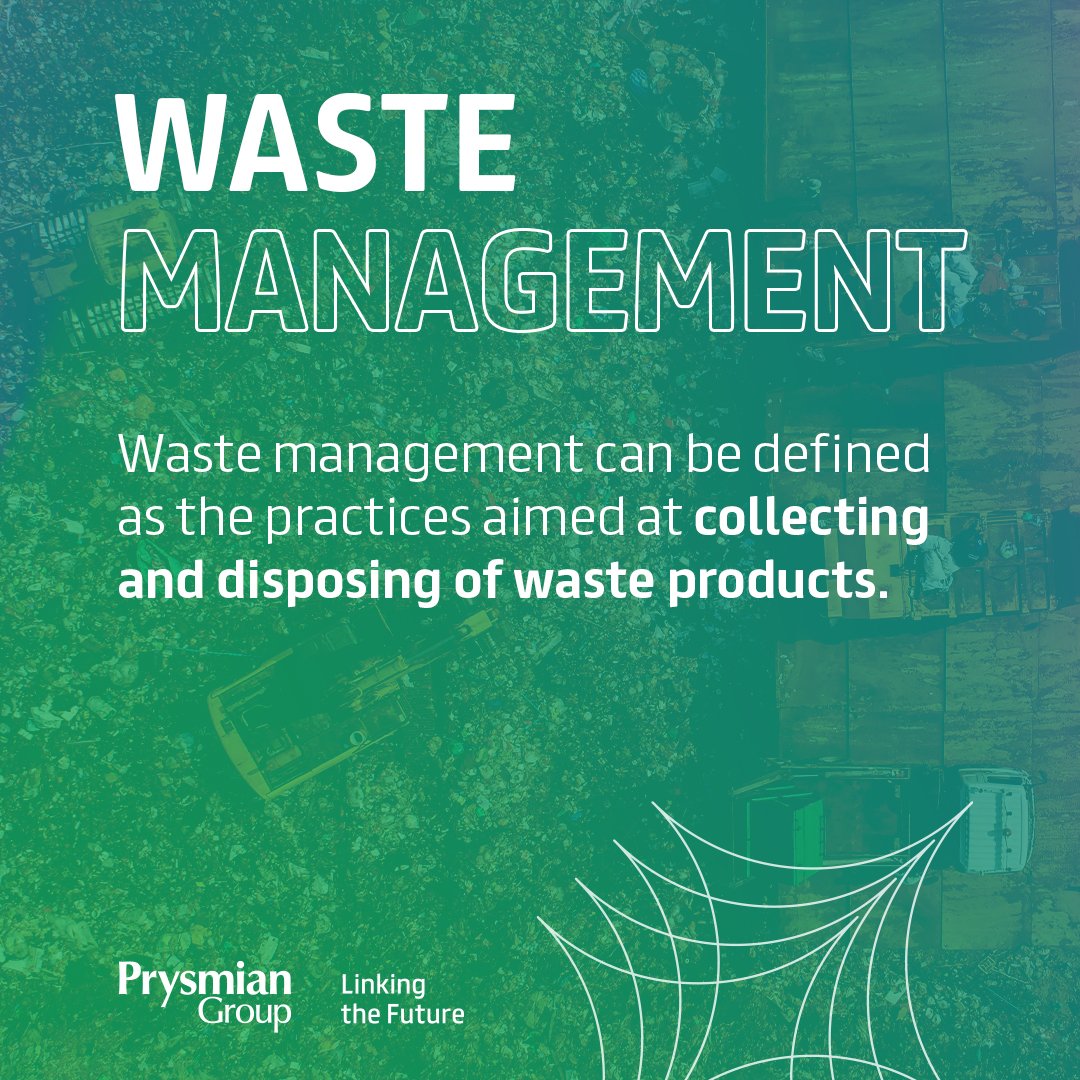Reclaim Waste for Beginners
Reclaim Waste for Beginners
Blog Article
Rumored Buzz on Reclaim Waste
Table of Contents5 Easy Facts About Reclaim Waste DescribedReclaim Waste for DummiesThings about Reclaim WasteNot known Incorrect Statements About Reclaim Waste How Reclaim Waste can Save You Time, Stress, and Money.
Domestic sewer waste refers to the waste and products from a property septic tank. The correct administration and disposal of residential sewage waste call for liquid waste to be transferred to a sewer treatment plant where the appropriate approaches and devices are used to purify and dispose of waste.
Industrial waste typically consists of potential dangers, such as flammable materials or a mixture of liquid and solid waste products, and calls for an advanced and thorough disposal procedure. The disposal of industrial waste generally entails the filtering of waste prior to transportation to make sure safe and appropriate disposal. Hazardous waste is created from by-products and drainage of commercial processes and manufacturing.
This sort of waste can not use the exact same sewage administration transport or procedures as septic or business fluids. The hazardous waste monitoring procedure requires the assessment and screening of fluid waste prior to it undertakes the disposal procedure (liquid waste removal). Overflow waste is the liquid waste that comes from overflow and excess stormwater in extremely inhabited locations or cities
Overflow waste can trigger contamination and flooding if not managed appropriately. Discover more regarding drain cleaning and waste management. Ensuring proper waste management can prevent calamities and lower ecological damage. Both individuals in residential setups and experts in commercial or manufacturing industries can benefit from comprehending the procedures and laws of liquid waste monitoring.
The Facts About Reclaim Waste Revealed
Call PROS Services today to learn more about our waste monitoring and disposal services and the appropriate means to care for the liquid waste you create.
(https://www.awwwards.com/reclaimwaste1/)Do you know what takes place to your water when you draw the plug, flush the commode or drain the cleaning maker? No? Well, it's worth recognizing. This so-called 'wastewater' is not just an essential source however, after treatment, will be launched to our land, waterways or the sea. Utilized water from commodes, showers, baths, cooking area sinks, laundries and industrial procedures is referred to as wastewater.

water used to cool machinery or clean plant and equipment). Stormwater, a type of wastewater, is runoff that flows from farming and urban areas such as roofings, parks, gardens, roads, courses and gutters right into stormwater drains, after rainfall. Stormwater flows neglected directly to neighborhood creeks or rivers, ultimately getting to the ocean.
Not known Factual Statements About Reclaim Waste
In Queensland, most wastewater is treated at sewage treatment plants. Wastewater is transported from domestic or industrial sites with a system of drains and pump terminals, referred to as sewage reticulation, to a sewer therapy plant. Neighborhood governments build, preserve and operate most sewage treatment plants. Operators are licensed under the Environmental Management Act 1994 to discharge treated wastewater at an appropriate ecological requirement right into waterways.
The Division of Natural Resources encourages regional governments about handling, operating and preserving sewerage systems and therapy plants. In unsewered locations, city governments might need homeowners to install specific or family sewage treatment systems to deal with domestic wastewater from toilets, cooking areas, washrooms and washings. The Division of Natural Resources authorizes the use of household systems when they are confirmed to be efficient.
In some new neighborhoods, treatment of some stormwater to get rid of clutter, sand and crushed rock has started utilizing gross pollutant catches. Wastewater therapy happens in 4 stages: Gets rid of solid issue.
Utilizes tiny living microorganisms recognizes as micro-organisms to break down and eliminate remaining dissolved wastes and fine particles. Micro-organisms and wastes are integrated in the sludge.
4 Simple Techniques For Reclaim Waste
Nutrient elimination is not readily available at all sewer treatment plants because it requires expensive specialized important source tools. Clear liquid effluent created after treatment might still have disease-causing micro-organisms - liquid waste disposal melbourne.

This generally suggests wastewater needs to be treated or pollutants removed prior to it can be released to waterways. Many wastewater moves right into the sewerage system. Under the Act, city governments provide approvals and permits for ecologically relevant activities (ERAs) entailing wastewater releases that could have a regional impact. The division administers authorizations and licences to Ages entailing wastewater releases that could have a regional or statewide influence.
The Best Strategy To Use For Reclaim Waste
Or else, samples are taken for lab evaluation. Commonly many tests are required to develop the degrees of each of the various pollutants such as oils, heavy metals and pesticides in water. Tracking supplies accurate details concerning water top quality and can confirm that licence conditions are being met. The info acquired with tracking supplies the basis for making water top quality choices.
Report this page